PyTorch Helper - PyTorch coding assistant
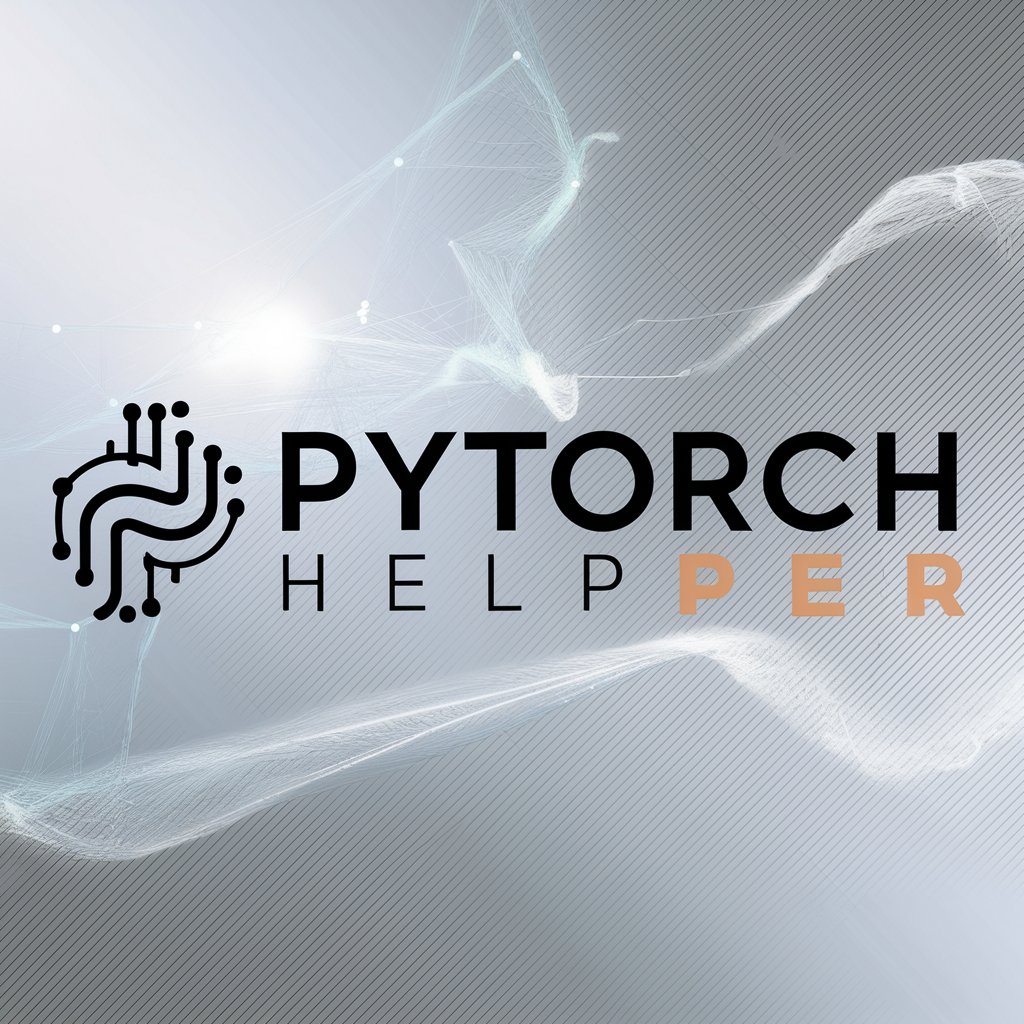
Welcome! Need help with PyTorch models? I'm here for you.
Empowering your PyTorch development with AI
Explain the architecture of a convolutional neural network (CNN) in PyTorch.
How can I optimize my PyTorch model for better performance?
What are the best practices for initializing weights in PyTorch?
Can you provide a detailed breakdown of a transformer model implemented in PyTorch?
Get Embed Code
Introduction to PyTorch Helper
PyTorch Helper is a specialized assistant designed to facilitate learning and application of the PyTorch library, a popular framework for deep learning. Its primary design purpose is to provide detailed explanations, technical insights, and practical guidance tailored to users' specific needs regarding PyTorch. Whether it's understanding model architectures, dissecting the functionalities of different PyTorch modules, or optimizing neural network implementations, PyTorch Helper is engineered to offer precise and actionable advice. For example, if a user is unsure about how to implement a convolutional neural network for image recognition, PyTorch Helper can guide them through setting up the architecture, explaining each layer’s role and parameters, and how to train the model effectively. Powered by ChatGPT-4o。

Main Functions of PyTorch Helper
Model Architecture Design
Example
Designing a convolutional neural network for a specific image classification task.
Scenario
A user wants to build a neural network to classify images into categories. PyTorch Helper can suggest an appropriate series of convolutional, pooling, and fully connected layers, detailing the input and output dimensions for each layer and the parameters that need to be tuned.
Troubleshooting and Debugging
Example
Identifying and fixing a dimension mismatch error during model training.
Scenario
A user encounters a 'RuntimeError: size mismatch' during the training of a neural network. PyTorch Helper can help diagnose the problem, usually a mismatch in the tensor dimensions between layers, and suggest corrective steps, such as adjusting layer parameters or reshaping tensors.
Performance Optimization
Example
Enhancing model efficiency by adjusting learning parameters and layer configurations.
Scenario
A user seeks to improve the training speed and accuracy of their model. PyTorch Helper can provide advice on optimizing computational resources, modifying training parameters like batch size and learning rate, and implementing techniques such as batch normalization or dropout.
Ideal Users of PyTorch Helper
Machine Learning Students
Students studying machine learning or artificial intelligence can use PyTorch Helper to understand complex concepts, complete assignments, and build their own projects. The detailed explanations and step-by-step guidance make it an excellent educational tool.
Data Scientists and AI Researchers
Professionals who are already familiar with machine learning but need to deepen their practical understanding of implementing models in PyTorch will find PyTorch Helper invaluable. It assists in refining model architectures and solving specific research problems.
AI Application Developers
Developers integrating AI into applications can utilize PyTorch Helper to efficiently translate model prototypes into production-ready code, ensuring optimal performance and scalability of their applications.

Guidelines for Using PyTorch Helper
1
Visit yeschat.ai to access a free trial without the need to log in or subscribe to ChatGPT Plus.
2
Familiarize yourself with the basic concepts of PyTorch if you're not already versed in them. Understanding tensors, gradients, and neural network basics is crucial.
3
Prepare specific questions or topics related to PyTorch. This might include queries about model architectures, error troubleshooting, or optimization strategies.
4
Utilize the prompt box to ask your detailed questions. Be as clear and specific as possible to get the most tailored advice.
5
Review the provided responses for insights and further refine your follow-up questions based on the initial guidance to deepen your understanding or resolve issues.
Try other advanced and practical GPTs
PyTorch Mentor
Enhance Learning with AI-Powered PyTorch Guidance
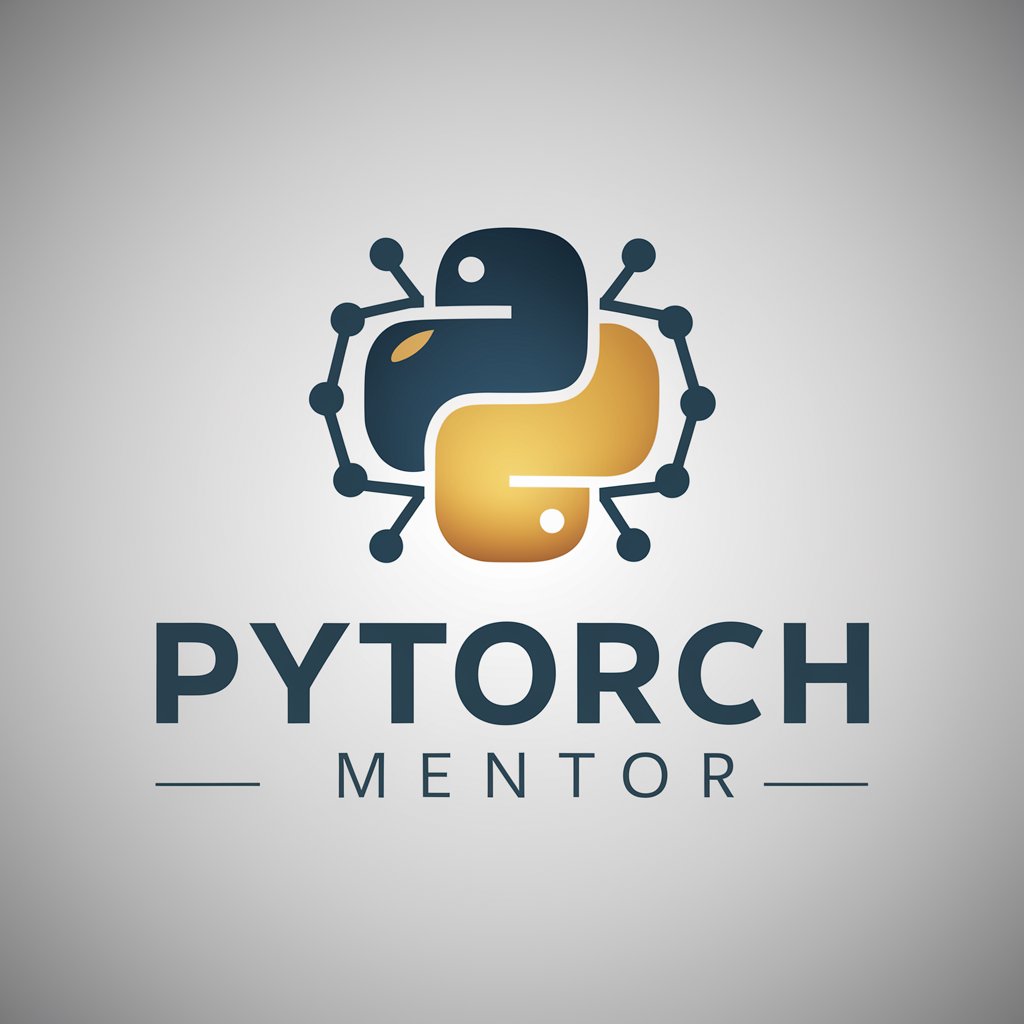
Chinese Tutor
Master Mandarin with AI

Chinese Tutor
Learn Chinese, Travel Easy

Chinese Tutor
Master Chinese with AI

Chinese Tutor
Learn Chinese through AI-powered Conversations

Chinese Tutor
Empower your Mandarin with AI

PyTorch Consultant
Empowering AI with Deep Learning Insights

PyTorch Bearer
Harness AI for Smarter PyTorch Coding
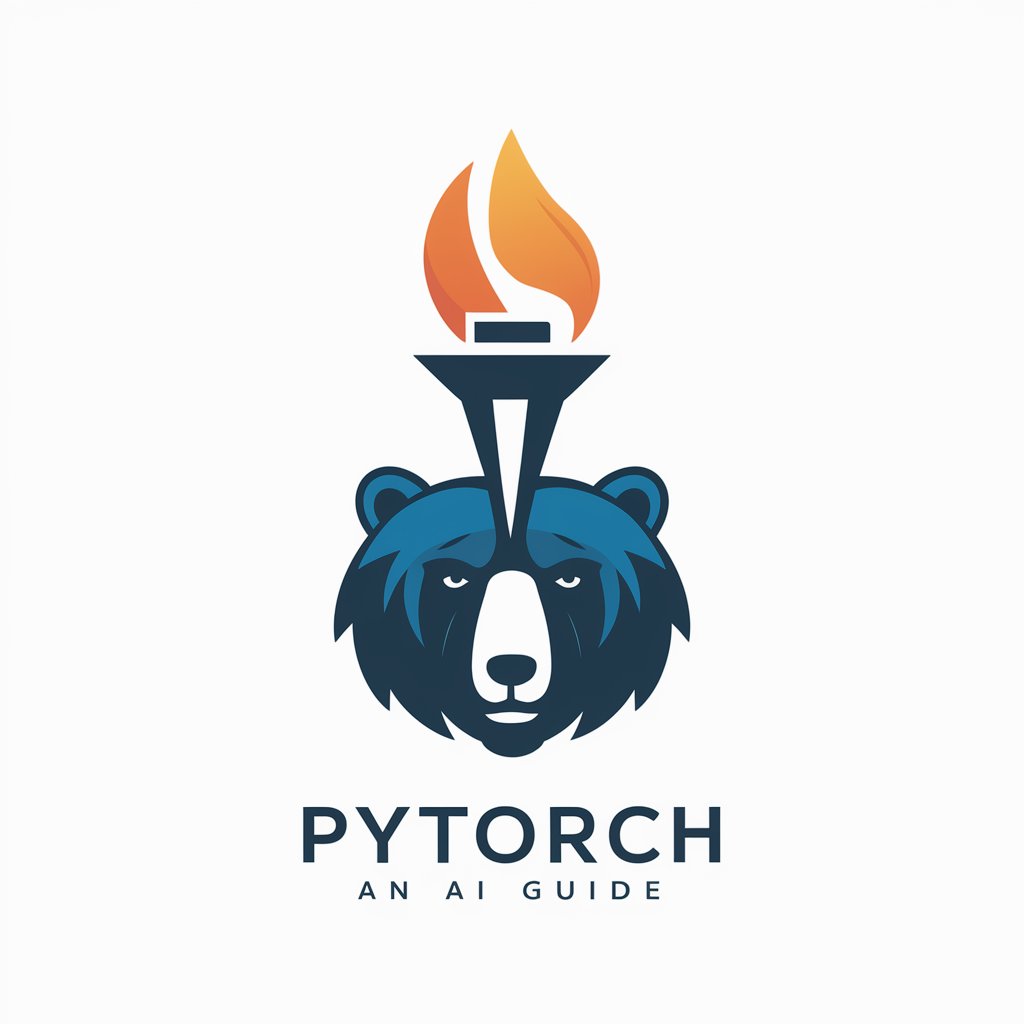
PyTorch Engineer
Empower Your ML Development
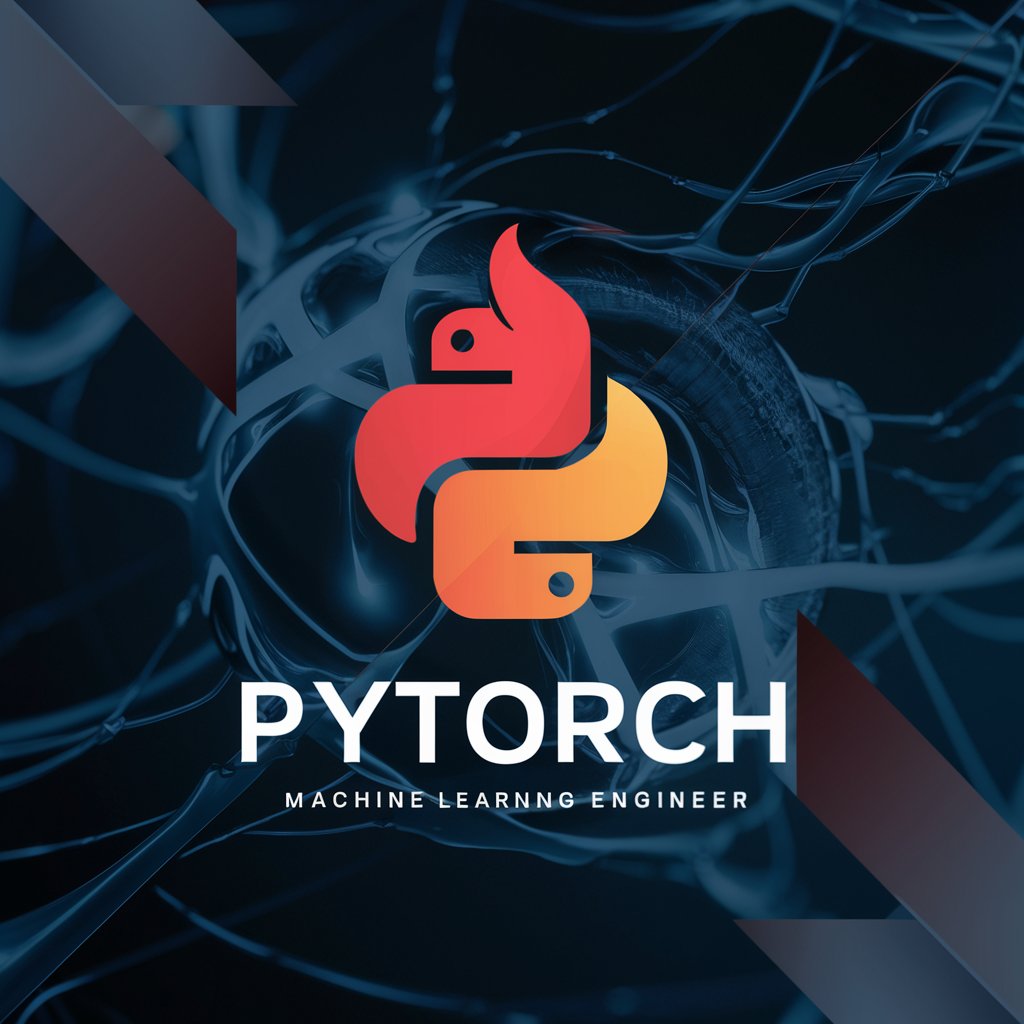
PyTorch Prodigy
Empowering AI with PyTorch
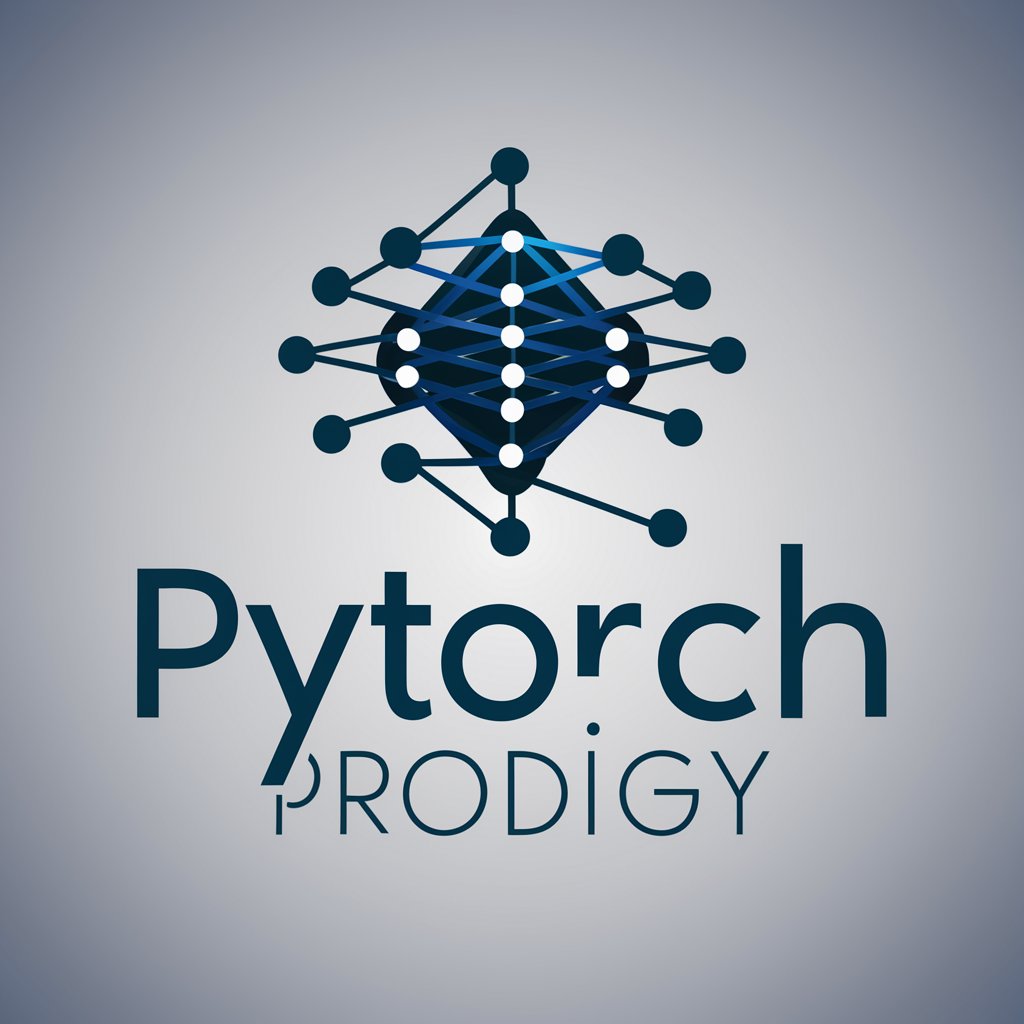
pytorch
Empowering you with AI-driven insights.

PyTorch Lightning Helper
Optimize your PyTorch Lightning code with AI
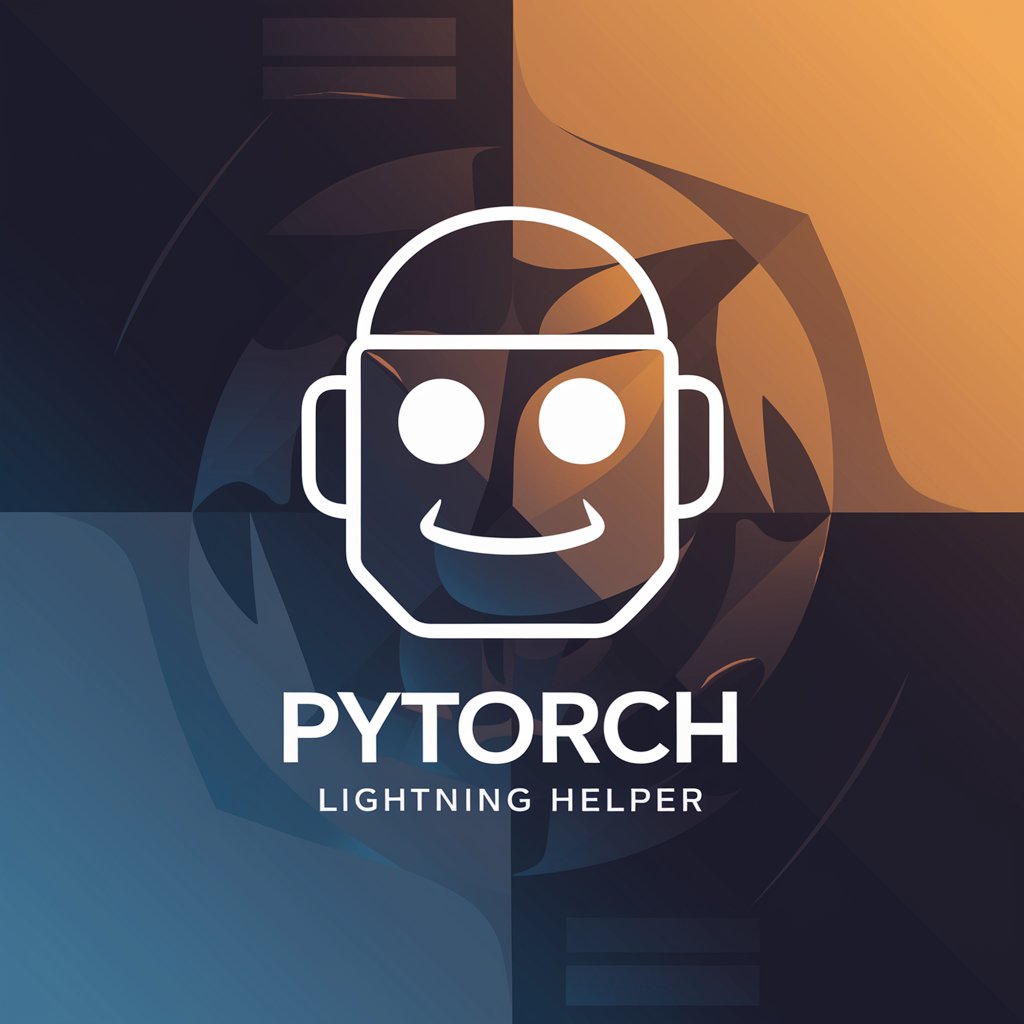
Detailed Q&A About PyTorch Helper
What types of PyTorch model issues can PyTorch Helper troubleshoot?
PyTorch Helper can assist with a range of model issues including debugging model architecture, optimizing performance, and identifying mismatches in tensor dimensions. It can provide specific code corrections and suggest better practices for model training.
Can PyTorch Helper help in understanding PyTorch documentation?
Yes, PyTorch Helper can clarify concepts and usage examples found in the PyTorch documentation. It can explain function parameters, usage scenarios, and provide additional examples not covered in the official docs.
Is PyTorch Helper suitable for beginners in machine learning?
Absolutely, PyTorch Helper is designed to assist learners at all levels. For beginners, it can simplify complex concepts and guide through the initial stages of learning PyTorch, including setting up simple models and understanding basic operations.
How does PyTorch Helper enhance the learning and development process for advanced users?
For advanced users, PyTorch Helper offers deep dives into sophisticated model architectures, performance optimization techniques, and cutting-edge AI research implementations in PyTorch.
What makes PyTorch Helper different from other AI assistants?
PyTorch Helper is specifically tailored to support and enhance the PyTorch experience, providing context-sensitive advice that goes beyond generic programming assistance to focus on deep learning techniques and optimization specifically in PyTorch.
